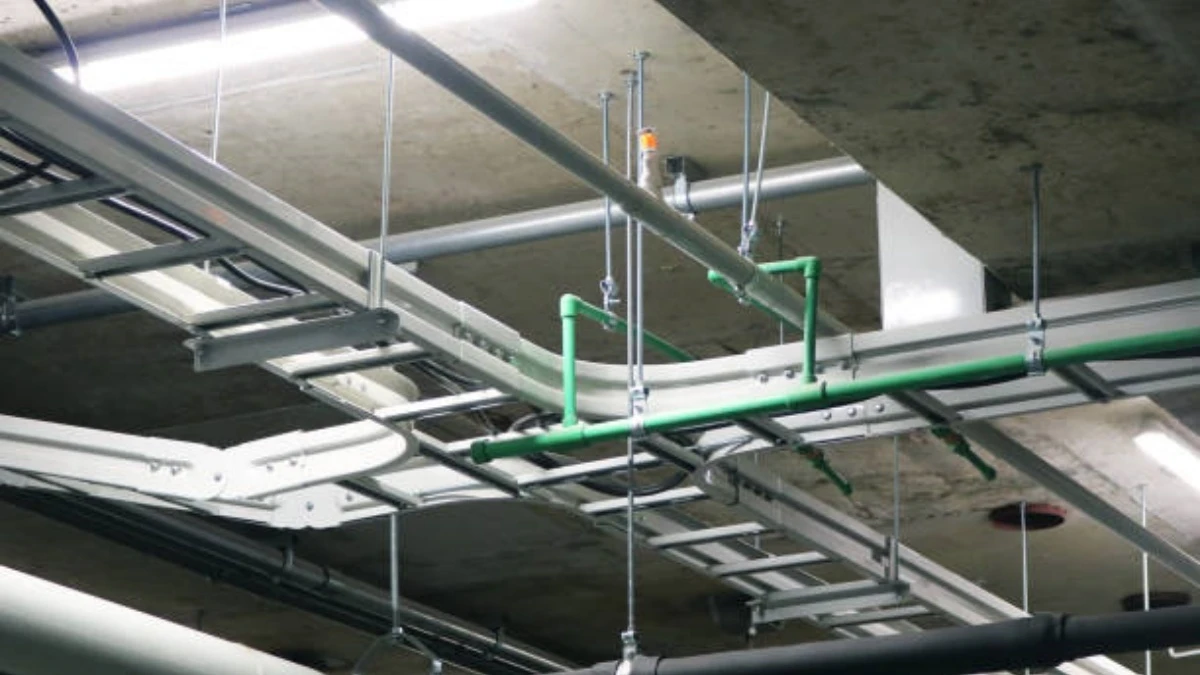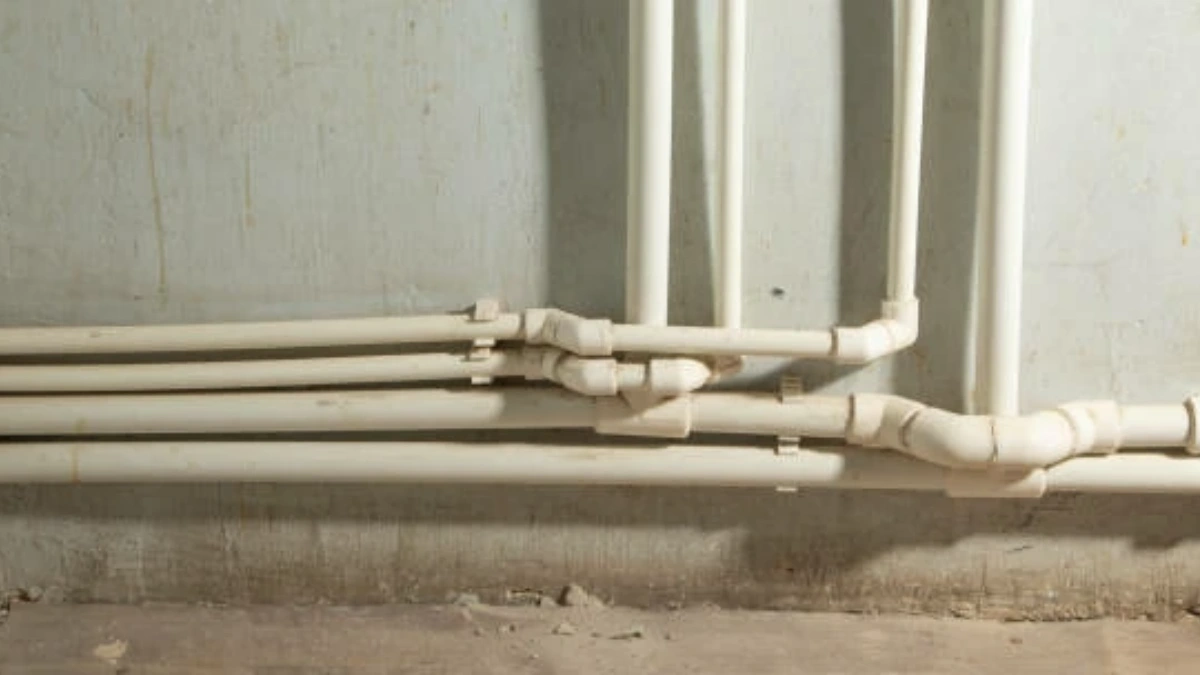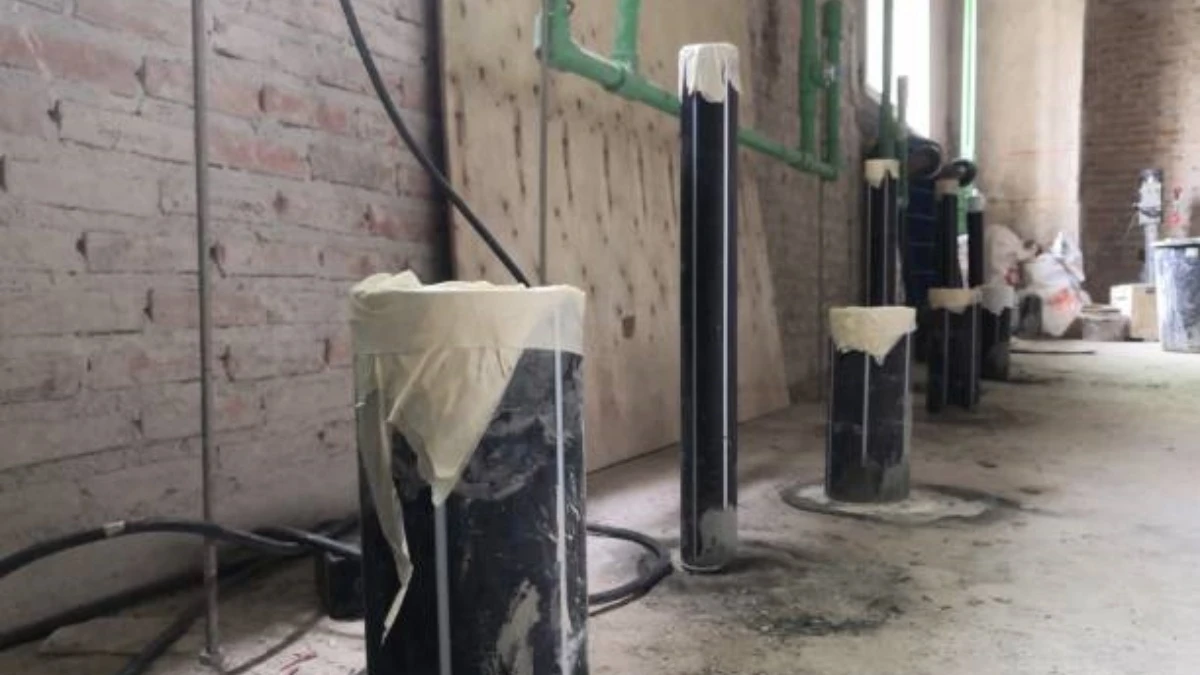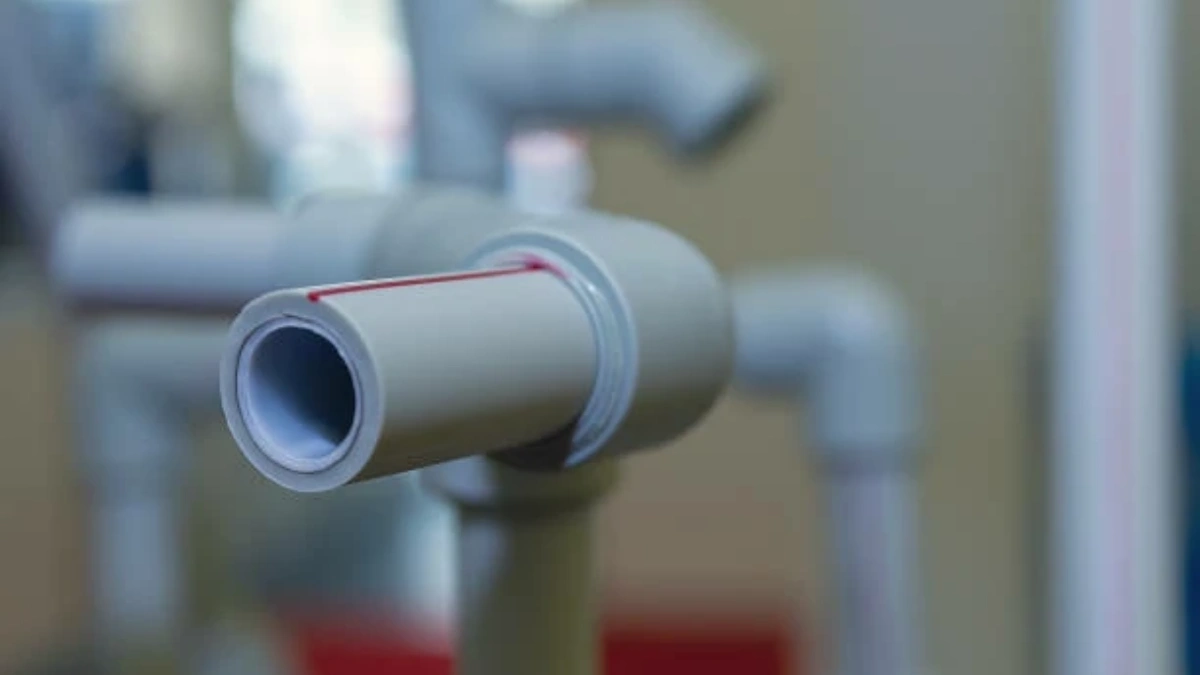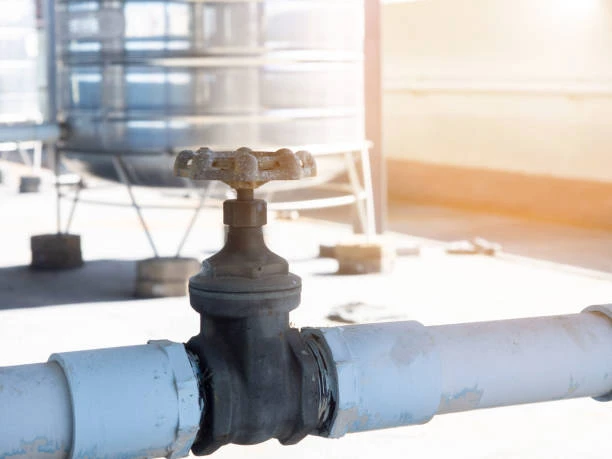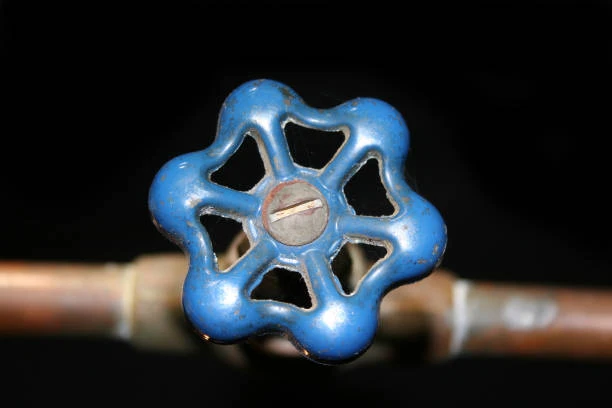Refinery operations rely on effective maintenance processes to maintain safety and productivity, especially in critical units like Fluid Catalytic Cracking Units (FCCUs). Turnarounds, or scheduled shutdowns for inspection and maintenance, can be costly and time-intensive. However, advancements in isolation valve technology, specifically double disc isolation valves, promise to streamline these processes and reduce turnaround times.
This article explores the potential of double disc isolation valve technology to enhance efficiency in FCCU maintenance while ensuring operational safety and compliance.
What Is an Isolation Valve?
An isolation valve is a crucial component in industrial systems, designed to stop or regulate the flow of fluid, gases, or other media in a pipeline. By isolating specific sections of the system, these valves enable safe maintenance, repair, or inspection of equipment without shutting down the entire operation.
Key Features of Isolation Valves:
- Leak-Proof Sealing: Prevents fluid or gas from passing through when closed.
- Durability: Designed to withstand high pressure, temperature, and corrosive media.
- Operational Precision: Enables controlled flow or complete isolation.
- Safety Assurance: Protects personnel and equipment during maintenance activities.
How Double Disc Isolation Valve Technology Works
Double disc isolation valves feature two independent sealing discs, creating a dual barrier when closed. This design offers enhanced safety and reliability compared to single-disc valves, as it ensures zero leakage and improved isolation.
Working Mechanism:
- Dual Seal System: Two discs independently block the flow, providing redundancy.
- Cavity Relief: A cavity between the two discs can be vented, ensuring the system remains safe during maintenance.
- Improved Durability: Designed for long service life under demanding conditions.

FCCUs and the Role of Isolation Valves
Fluid Catalytic Cracking Units (FCCUs) are critical in refineries, responsible for converting heavy hydrocarbons into lighter, more valuable products like gasoline and olefins. Maintaining FCCUs requires precise isolation of equipment to avoid process disruptions and ensure safety.
Challenges During FCCU Turnarounds:
- Complex Maintenance Requirements: FCCUs involve high temperatures and pressures, demanding robust isolation solutions.
- Extended Downtime: Traditional maintenance processes often lead to prolonged shutdowns.
- Safety Risks: Inefficient isolation increases the risk of leaks, accidents, and compliance issues.
Double disc isolation valves address these challenges by offering superior sealing, faster operation, and enhanced safety features.
Benefits of Double Disc Isolation Valves in FCCU Turnarounds
1. Reduced Downtime
Double disc isolation valves allow for quicker and safer isolation of equipment, minimizing the time required for inspections and repairs.
2. Enhanced Safety
The dual-seal design ensures complete isolation, reducing the risk of leaks and exposure to hazardous substances during maintenance.
3. Compliance with Standards
These valves meet stringent industry standards for safety and performance, ensuring regulatory compliance in refinery operations.
4. Cost Efficiency
By shortening turnaround times and minimizing risks, double disc isolation valves reduce operational costs associated with FCCU maintenance.
5. Increased Reliability
Their robust construction and redundant sealing mechanisms enhance reliability in high-pressure and high-temperature environments.
Applications Beyond FCCUs
While FCCUs are a key focus area, double disc isolation valves are also valuable in other industries:
- Power Generation: For isolating boiler systems and turbines.
- Chemical Processing: Ensuring safe handling of corrosive and hazardous materials.
- Water Treatment: Providing reliable flow control in desalination and wastewater systems.
- Oil and Gas: Enhancing safety in upstream, midstream, and downstream processes.
Innovations in Isolation Valve Technology
The evolution of isolation valves, particularly the double disc design, is driven by advancements in materials, automation, and sealing technologies.
Emerging Trends:
- Smart Isolation Valves: Equipped with sensors for real-time monitoring and predictive maintenance.
- Improved Materials: Use of corrosion-resistant alloys and composites for extended lifespan.
- Automation: Integration with control systems for remote operation and diagnostics.
- Compact Designs: Reduced size and weight without compromising performance.
These innovations make isolation valves more efficient, reliable, and adaptable to diverse industrial needs.
Challenges in Implementing Double Disc Isolation Valves
Despite their advantages, there are challenges associated with adopting this technology:
- Higher Initial Costs: Double disc isolation valves are more expensive than traditional valves.
- Training Requirements: Operators and maintenance teams may require training to handle advanced systems.
- Compatibility Issues: Retrofitting existing systems with double disc valves may pose challenges in some cases.
Future Outlook
The adoption of double disc isolation valve technology is expected to grow as industries prioritize safety, efficiency, and compliance. With continued advancements in design and materials, these valves will become more accessible and cost-effective, further driving their adoption.
By 2032, the global market for isolation valves is projected to reach $10 billion, with significant contributions from sectors like oil and gas, chemical processing, and power generation.
Conclusion
Double disc isolation valve technology offers a game-changing solution for FCCU turnarounds and other critical industrial applications. By reducing downtime, enhancing safety, and ensuring compliance, these valves empower industries to optimize their maintenance processes and achieve operational excellence.
As the demand for efficient and reliable isolation solutions grows, the adoption of double disc isolation valves will continue to transform the landscape of industrial maintenance and safety.
FAQs
1. What is the main advantage of double disc isolation valves?
Double disc isolation valves provide dual sealing for enhanced safety and reliability, making them ideal for critical applications.
2. Are double disc isolation valves suitable for high-temperature environments?
Yes, these valves are designed to perform efficiently in high-pressure and high-temperature conditions, such as those in FCCUs.
3. How do double disc isolation valves reduce FCCU turnaround times?
By ensuring quick and secure isolation of equipment, these valves streamline maintenance processes, reducing downtime.
4. What industries can benefit from double disc isolation valves?
Industries like oil and gas, chemical processing, power generation, and water treatment can benefit from the reliability and efficiency of these valves.
5. What are the challenges of adopting double disc isolation valves?
Higher initial costs, training requirements, and compatibility with existing systems are some challenges associated with this technology.

